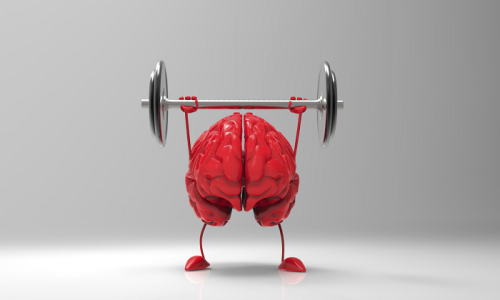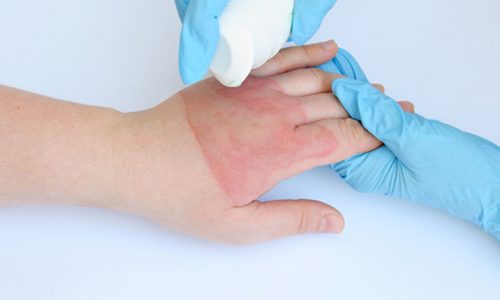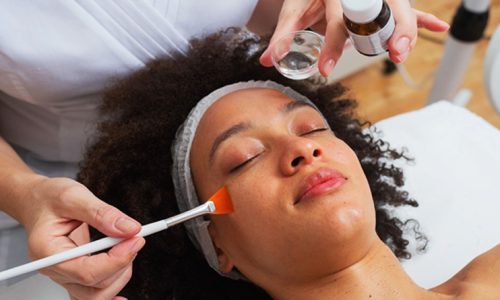
While a decrease in testosterone levels is a natural aspect of becoming older, you may want to consider whether or not testosterone replacement therapy is good for you.
TRT has been used by millions of men over the age of 40 to replenish depleted hormone levels and rekindle energy and libido.
The benefits of TRT are debatable, and there are certain health hazards associated with treatment. Since the early 2000s, when studies suggested a link between TRT and an uptick in the risk of cardiovascular disease, safety concerns have been raised.
How does testosterone replacement therapy (TRT) work?
Doctors explain that TRT is a treatment that involves administering an artificial form of testosterone to a patient in order to normalize his or her hormone levels. It is possible to treat low testosterone level problems with TRT. This treatment is also known as androgen replacement therapy.
Signs of low testosterone
You should be aware of the signs of low testosterone before deciding to undergo TRT.
There are several signs to confirm the low level of testosterone. Mostly men suffer from a reduction in testosterone levels with growing age.
Yet, an excessively low amount might also result from specific situations. Some signs are as follows:
- Lacking in sexual desire (libido)
- Disruption of erection function
- Depleted vitality and a feeling of fatigue
- Struggle to focus
- Depression
- Irritability
- Depression and a lack of happiness
When a man presents with low testosterone symptoms and testing confirms an abnormally low testosterone level, therapy may be recommended. There is presently no suggested treatment for the millions of men who have low testosterone levels but show no symptoms. Treatment of men with low levels as a result of aging has likewise not been approved.
Why use testosterone replacement treatment (TRT)?
Low testosterone (Low-T) may necessitate testosterone therapy (TT). According to some of the best doctors, Klinefelter syndrome is one such congenital disorder that the FDA and the AUA both recommend TT for treating.
The loss or damage of your testicles may also necessitate TT. Those who have had their testicles removed for medical reasons, such as cancer, may benefit from TT. Most men with Low-T (regardless of origin) will be treated if they exhibit both symptoms of Low-T and low T levels in their blood. If you think you might benefit from TT, discuss it with your doctor.
While TT has the potential to be beneficial, it also carries the risk of producing undesirable side effects. The FDA has mandated that warnings about the increased risk of cardiovascular disease and stroke for some men who use testosterone supplements be included on product labels.
It is important to regularly visit your doctor before starting TT to keep an eye on cardiovascular disease and stroke. Although there is no evidence to show the link between TT levels and the risk of cardiovascular events.
Studies on TT in older males are still being conducted. Your doctor will explore all of your treatment options, including TT, and discuss them with you.
What are the options for TRT treatment?
- Injection: Changes in testosterone levels are possible after receiving a TRT injection. Mood swings, changes in sexual behavior, breast soreness, and other symptoms are all possible outcomes of this. Regular blood workups are required. Take them at regular intervals so you can be sure you’re getting the appropriate dose. TRT is less painful to inject if the drug is warmed to body temperature first. Reandron must be injected gently into a sizable muscle.
- Patch: During four hours after applying the patch, you should refrain from taking a shower, going swimming, and having intercourse. The patch often causes skin irritation where it is applied.
Capsules: Take with meals.
Testosterone treatment advantages for men
Enhancing a man’s libido is one of the most common side effects of testosterone replacement therapy. Although high-performance athletes and fitness experts recognize the obvious advantages of increased muscle and body mass, they also recognize the existence of other benefits.
Some of the many positive effects of testosterone replacement therapy include:
- Improved libido: Testosterone boosts interest in sex, making it especially appealing for men older than 50.
- Increased vitality: Testosterone levels naturally fall with age, which can explain why getting older can be so draining. Treatment with testosterone can result in increased vitality.
- Improved muscular growth: Testosterone boosts muscle mass above and beyond what a typical workout routine could accomplish alone.
- Improved memory: Higher testosterone levels have been linked to better recall.
Although some men claim to feel better soon after starting treatment, scientific evidence suggests that the full effects typically don’t show up for weeks or months.
Negative effects of TRT on health
An injection, patch, or gel can be used to administer testosterone therapy (shots).
Researchers have found evidence that testosterone replacement medication may increase the risk of developing prostate or breast cancer. TRT can enlarge the prostate gland, raise blood count, and even cause acne if used in excess or without medical supervision.
There is some evidence that testosterone replacement therapy raises the risk of cardiovascular disease. The good news is that studies show the risk of prostate and cardiovascular issues is minimal when testosterone replacement is properly handled by a medical professional.
Conclusion
Hypogonadism and other disorders associated with low T levels have long had TRT as a potential therapy option. Notwithstanding the claims to the contrary, it is unclear whether or not it will help healthy people.
Never take any kind of T supplement or prescription without first consulting your sexologist doctor. They can tell you if the results you’re hoping to achieve with TRT are both safe and feasible.
FAQs
1. What are the prerequisites for testosterone replacement therapy?
Hypogonadism in men is treated with TRT. Testosterone levels below 300 nanograms per deciliter (ng/dl), constitute a clinical diagnosis.
2. Can TRT continue throughout life?
The duration of TRT is indefinite. Your testosterone levels will fall if you stop taking it. While many men with low T choose to get treatment, some choose not to. They could try to raise their energy levels in other ways or learn to accept the changes in their sexual drive and body.
3. How long does it take for testosterone levels to return to normal?
It typically takes three to six months for testosterone replacement medication to take effect in men.




